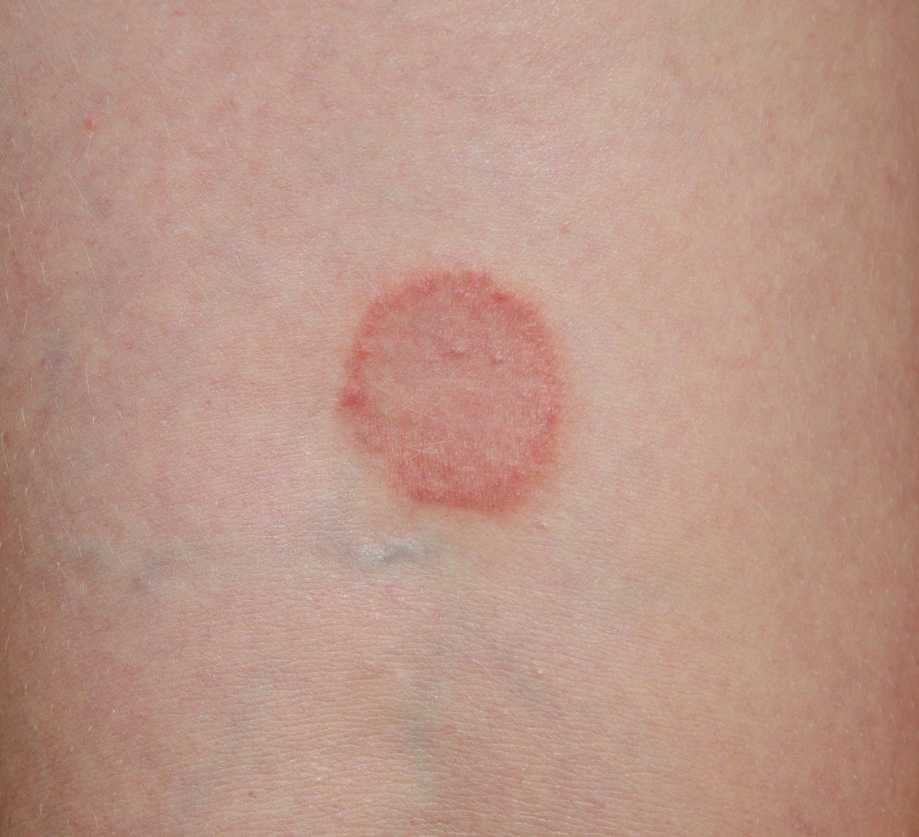Symptoms:
Lichen Planus typically manifests as shiny, flat-topped bumps or patches on the skin, which may be reddish-purple or brown in color. These lesions may be itchy, painful, or cause a burning sensation. In oral lichen planus, lesions may appear as white, lacy patches or painful sores in the mouth. Nail involvement may cause ridges, grooves, or discoloration, while scalp involvement can lead to scarring and hair loss.
Causes:
The exact cause of Lichen Planus is not fully understood, but it is believed to involve an abnormal immune response. Certain factors, such as genetic predisposition, viral infections, certain medications, and stress, may trigger or exacerbate the condition. However, Lichen Planus is not contagious and cannot be transmitted through contact.
Treatment:
Treatment for Lichen Planus aims to alleviate symptoms, reduce inflammation, and prevent complications. Depending on the severity and location of the lesions, treatment options may include:
1. Topical Steroids: Corticosteroid creams or ointments are commonly prescribed to reduce inflammation and relieve itching.
2. Oral Medications: In cases of severe or widespread Lichen Planus, oral medications such as corticosteroids, retinoids, or immunosuppressants may be prescribed.
3. Phototherapy: Light therapy, also known as phototherapy, may be used to target affected areas with ultraviolet light to reduce inflammation and promote healing.
4. Antihistamines: Oral antihistamines may help alleviate itching associated with Lichen Planus lesions.
5. Oral Rinses: Mouthwashes or oral rinses containing corticosteroids or other anti-inflammatory agents may be prescribed for oral Lichen Planus.
6. Avoiding Triggers: Identifying and avoiding triggers that exacerbate symptoms, such as certain medications or oral irritants, can help manage Lichen Planus.
Long-Term Management:
While Lichen Planus cannot be cured, it can often be effectively managed with proper treatment and care. Long-term management may involve regular monitoring by a healthcare provider, lifestyle modifications, and ongoing treatment to control symptoms and prevent flare-ups. It is important for individuals with Lichen Planus to follow their healthcare provider's recommendations and attend regular follow-up appointments to monitor their condition.
Conclusion:
Lichen Planus is a chronic inflammatory condition that can cause discomfort and affect quality of life. With proper diagnosis and treatment, however, many individuals with Lichen Planus are able to effectively manage their symptoms and lead fulfilling lives. If you suspect you may have Lichen Planus or are experiencing symptoms suggestive of the condition, it is important to consult with a healthcare provider for proper evaluation and management.

